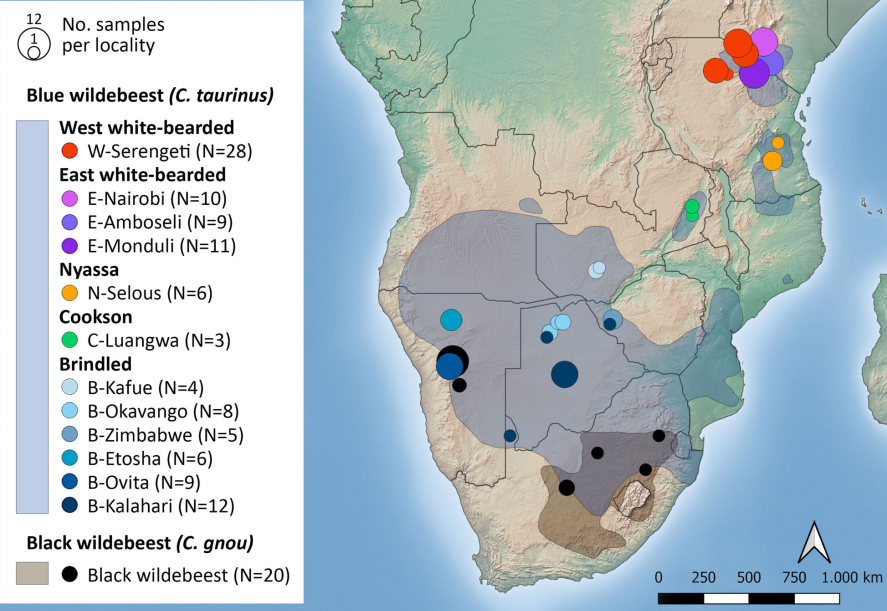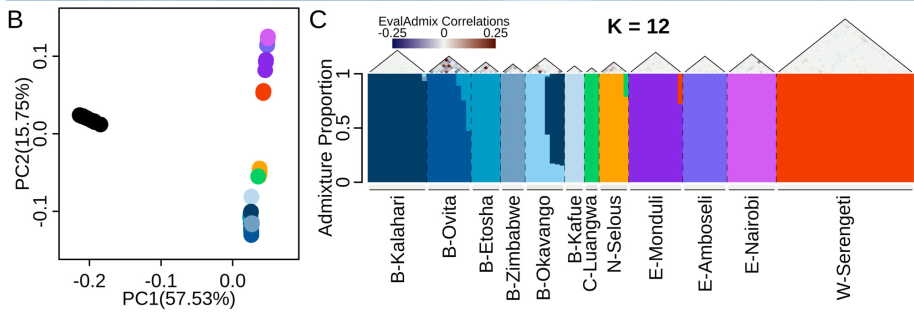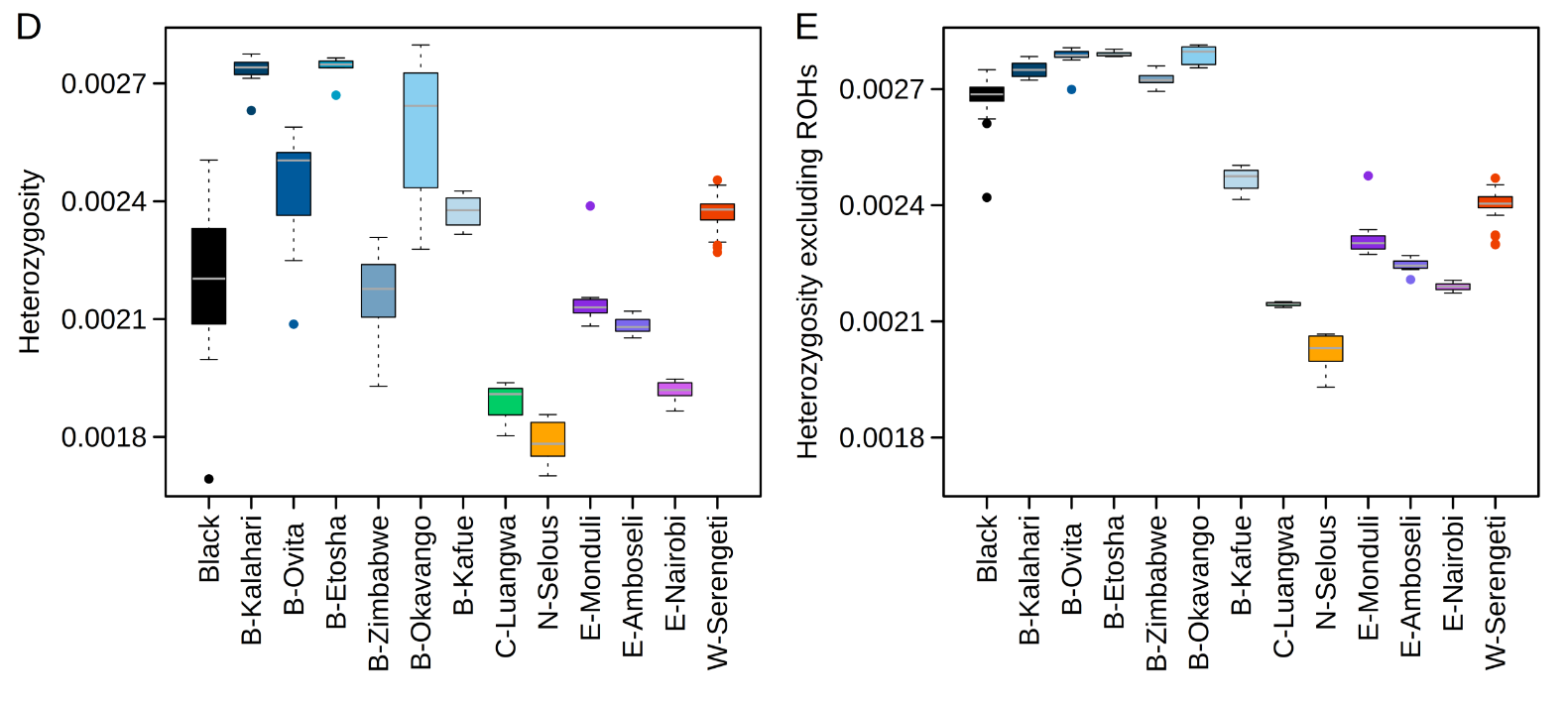Workshop: Introduction to population genomics in wildlife conservation
General info
Date: August 7-9, 2024
Place: Pwani University, Kilifi, Kenya
Organized by: Pwani University, University of Copenhagen, the African BioGenome Project.
Price: Free
Includes: All teaching, breakfast and lunch on workshop days. Accommodation is NOT included.
Sign up: Via African BioGenome Project (AfricaBP) Open Institute East and Central African Regional Workshop 2024 (link)
Contact: For questions write to …
Content
The course is a comprehensive introduction to a number of topics and common research tools used in population genetic analyses of next-generation sequencing (NGS) data with a focus on applying them in conservation. Topics include: genetic data overview, estimating genetic diversity, inbreeding and population structure. There will be an emphasis on how to apply these concepts and analyses in wildlife conservation. We will introduce the theoretical concepts, but the main focus is practical use of the methods. Lectures will be combined with hands-on computer exercises and research talks providing examples of case studies.
Intended Learning Outcome
- Understand what NGS short-read data looks like when it comes from the sequencer, and have an overview of what needs to be done to it before population genetic analyses can be done.
- Understand how to estimate genome-wide heterozygosity, and what to use it for in conservation biology.
- Be able to estimate ROHs and inbreeding coefficients, and understand the potential negative consequences of autozygosity.
- Understand the concept of population structure and be able to use PCA, admixture analyses and Fst to quantify and interpret it.
- Understand how population structure analyses can be used to define conservation units and inform translocation schemes.
Instructors
Rasmus Heller

I have worked on African wildlife genetics for almost two decades. My interests range from practical conservation to understanding theoretical evolutionary questions, such as how new species are formed and maintained and how animal populations move around in response to climate change and human influence. website
Anders Albrechtsen
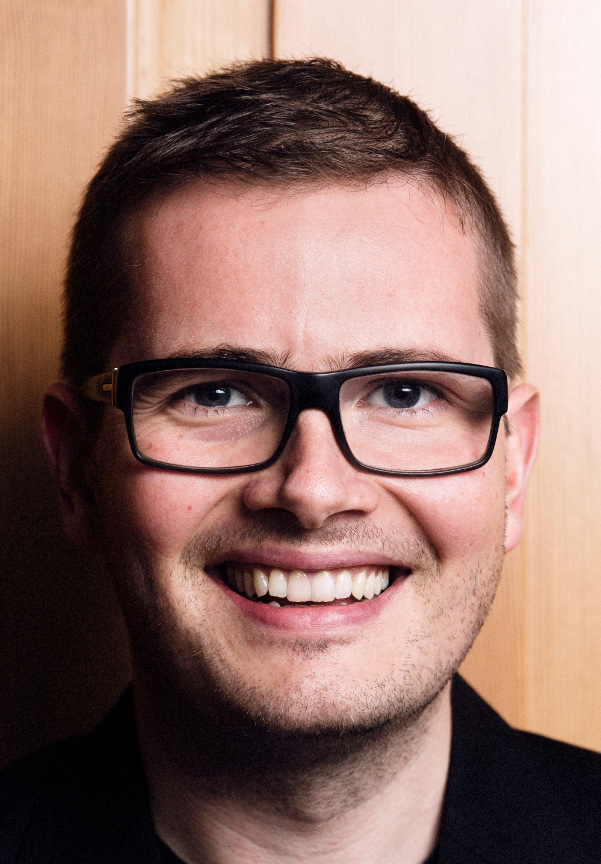
Our group develops statistical and computational methods for analysis of genomic data website
Anubhab Khan
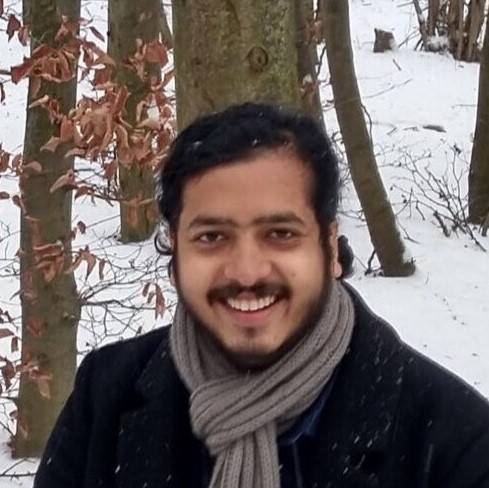
I am interested in understanding how small isolated population survive or go extinct. I have been studying tropical wildlife and developing next-generation sequencing based tools and techniques for research and conservation of wildlife. website
Sammy Wambua
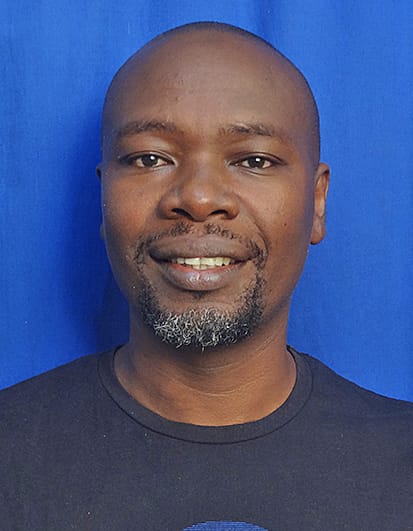
I have employed molecular biology in biomedical research for over 20 years. I have recently switched to utilizing genomics to explore and protect tropical species of conservation concern. Ongoing research work includes sea turtle immunogenetics, microbiome analysis for key marine ecosystems (including coral, seagrass and mangroves), and baseline genetic population structures for white teat sea cucumber, cichlids, corals, and the African elephant. website
Thomas Bøggild

Im currently finishing up my masters degree in bioinformatics at UCPH while working as a research assistant at the population genetics group at the university. website
Time and place
The workshop is part of the ABP Open Institute East and Central African Regional Workshop 2024. It will take place from Wednesday August 7th to Friday August 9th 2024 at Pwani University, Kilifi, Kenya [add full address]. All lectures and computer exercises will take place in room xxx. This includes research talks. You are required to bring a laptop to the course. We will log into a remote server from the laptop, so any laptop will do regardless of operating system.
Program (preliminary)
Wednesday
- Morning session: Introduction to NGS data, SNP calling and genotype calling - Anders
- Afternoon session: Genetic diversity, heterozygosity - Rasmus
Thursday
- Morning session: ROHs, inbreeding - Anubhab
- Afternoon session: annotation and genetic load, synonymous/nonsynonymous mutations - Anubhab
Friday
- Morning session: Population structure, gene flow and admixture. - Rasmus
- Afternoon session: PCA, Fst - Anders
